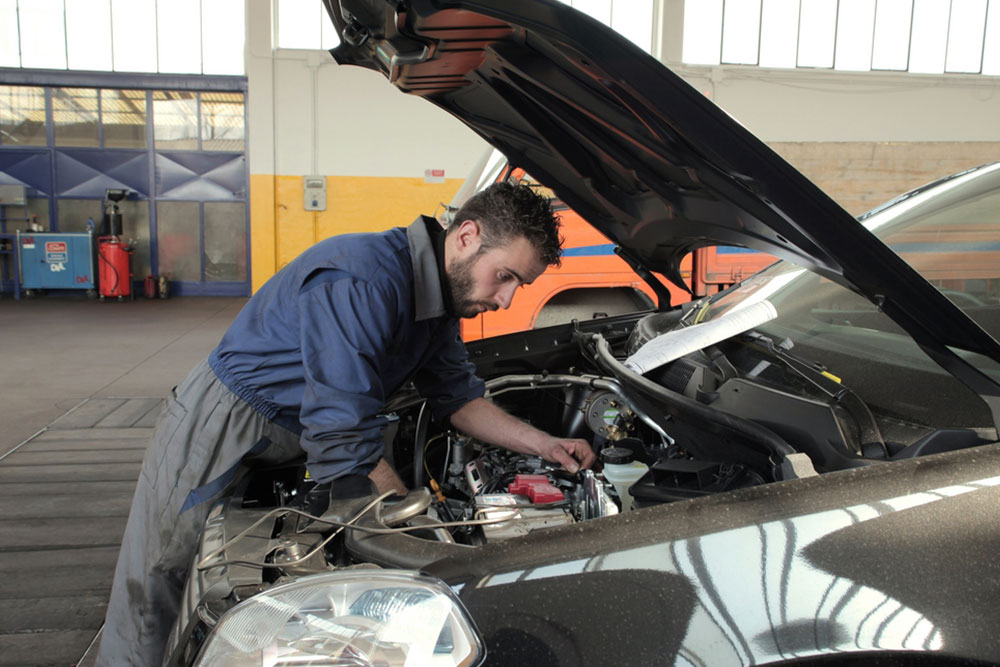Comprehensive Guide to Buying Affordable Used Cars: FAQs and Tips
This comprehensive guide provides answers to common questions about buying affordable used cars. It covers the benefits of purchasing used vehicles, differentiates certified pre-owned options, compares insurance costs, and offers tips on selecting reputable sellers. Whether you're a first-time buyer or looking to upgrade your current vehicle, get expert insights to make smarter, more economical choices in the used car market.

Comprehensive Guide to Buying Affordable Used Cars: FAQs and Tips
Thinking about purchasing a used vehicle but unsure where to start? Many buyers are motivated by the potential savings and the chance to get a reliable car without the hefty price tag of a brand-new model. However, navigating the used car market can be complex, with various factors to consider, from vehicle history to insurance costs. This comprehensive guide addresses some of the most common questions prospective buyers have about budget-friendly used cars, helping you make informed decisions and find the best vehicle to suit your needs and budget.
What are the main advantages of choosing a used car over a new one?
Opting for a used vehicle offers significant financial benefits, particularly concerning depreciation. New cars tend to lose a substantial portion of their value within the first few years—often around 20% to 30%—which means that buyers can avoid this rapid depreciation by purchasing a pre-owned vehicle. This results in lower purchase prices and a better overall value for the consumer. Moreover, modern used cars are equipped with advanced features and technology, thanks to the rapid evolution in the automotive industry over recent years. Many late-model used cars are nearly as reliable as new ones, as automakers have improved manufacturing standards and quality control. Additionally, buying used reduces the initial financial commitment and can leave extra funds available for modifications, upgrades, or other investments.
What distinguishes a certified pre-owned (CPO) vehicle from a standard used car?
Certified pre-owned vehicles undergo rigorous inspections performed by manufacturers or authorized dealerships. These inspections ensure the vehicle meets strict quality standards, confirming the car's mechanical condition, safety features, and overall reliability. Additionally, CPO cars often come with extended warranties, vehicle history reports, and other benefits that provide extra peace of mind for buyers. Unlike independently sold used cars, which may vary widely in condition and history, CPO vehicles adhere to high quality standards, making them a safer, more dependable choice for budget-conscious buyers.
How do insurance costs differ between used and new cars?
Insurance premiums are generally lower for used vehicles because their value is less than that of new cars. Since insurance costs are partly based on a vehicle’s replacement cost and market value, cheaper cars tend to cost less to insure. Additionally, taxes and registration fees for used cars are typically reduced, further lowering the total ownership costs. These savings make used cars more economical, especially for individuals on tight budgets or those seeking affordable transportation options. It’s also worth comparing specific insurance providers’ policies for used versus new vehicles, as some insurers offer discounts for vehicles with comprehensive safety features or good driving records.
Should I buy a used car from a dealership or a third-party seller?
Purchasing from a reputable dealership often comes with advantages such as transparency, warranties, and verified vehicle history reports. Dealerships are regulated and adhere to consumer protection laws, which protect buyers from potential fraud or misrepresentation. They typically offer certified vehicles that have passed extensive inspections, reducing the risk of hidden problems. On the other hand, third-party sellers might offer lower prices but can sometimes lack transparency about the vehicle’s history, including whether it has a salvage title, been in major accidents, or has existing mechanical issues. Buyers should exercise extra caution when dealing with independent sellers, requesting detailed history reports and, if possible, having the vehicle inspected by a trusted mechanic before completing the purchase. Overall, for peace of mind and higher reliability, buying from established dealerships is often the safer choice for budget-conscious buyers.





